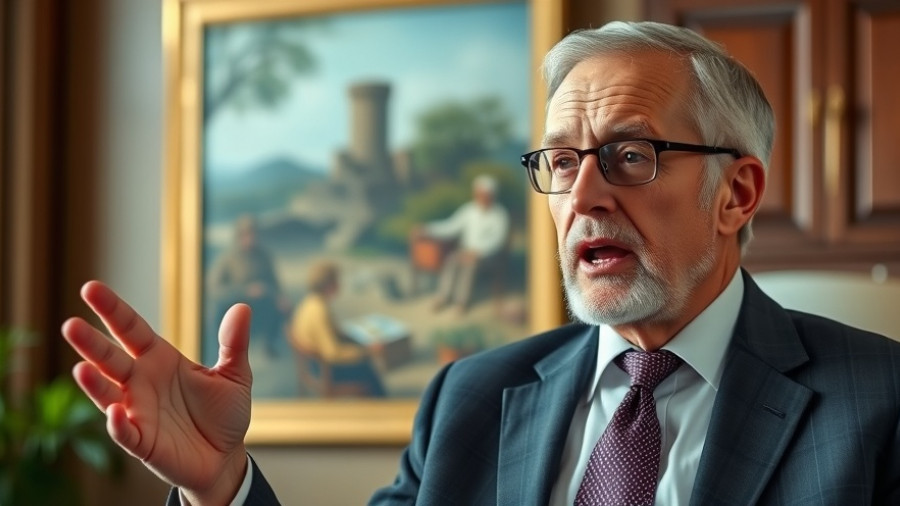
The New Chapter in U.S.-Venezuela Relations
In a striking recent statement, former President Donald Trump revealed that he authorized the CIA to intervene in Venezuela as part of efforts to tackle President Nicolás Maduro’s regime. This assertion has sparked heated debate regarding U.S. foreign policy and the implications of such interventions.
Understanding the Context of Intervention
Trump's announcement comes amid ongoing tensions between the U.S. and Venezuela, a nation whose political and economic crises have attracted international attention. With millions fleeing their homeland due to dire conditions, many wonder how U.S. involvement might alter the landscape in Venezuela and impact the lives of its people.
Voices from Venezuela: A Counter Perspective
Meanwhile, President Maduro firmly rejects any notion of foreign intervention, labeling it as an attempt to impose regime change. His administration perceives these actions as violations of sovereignty, sparking an intense nationalistic sentiment among Venezuelans who deeply value their independence.
The Global Implications of U.S. Policy
This situation not only affects U.S.-Venezuela relations but resonates globally. It raises crucial questions about the morality and effectiveness of external interventions in sovereign nations. While some argue such actions can foster democracy, others point to historical failures and unintended consequences resulting from similar endeavors.
What This Means for Families
For families, especially millennials interested in global affairs, understanding the complex dynamics of international relations is essential. Engaging with world events fosters informed discussions at home, making it vital to stay updated on how these geopolitical changes affect not just other nations but also global security and peace.
A Call for Engagement
As the landscape evolves, it’s vital for every citizen to engage with these pressing issues. Whether through discussions at home or community forums, being informed can empower individuals to contribute meaningfully to the dialogue around foreign policy and its implications.
 Add Row
Add Row  Add
Add 




Write A Comment